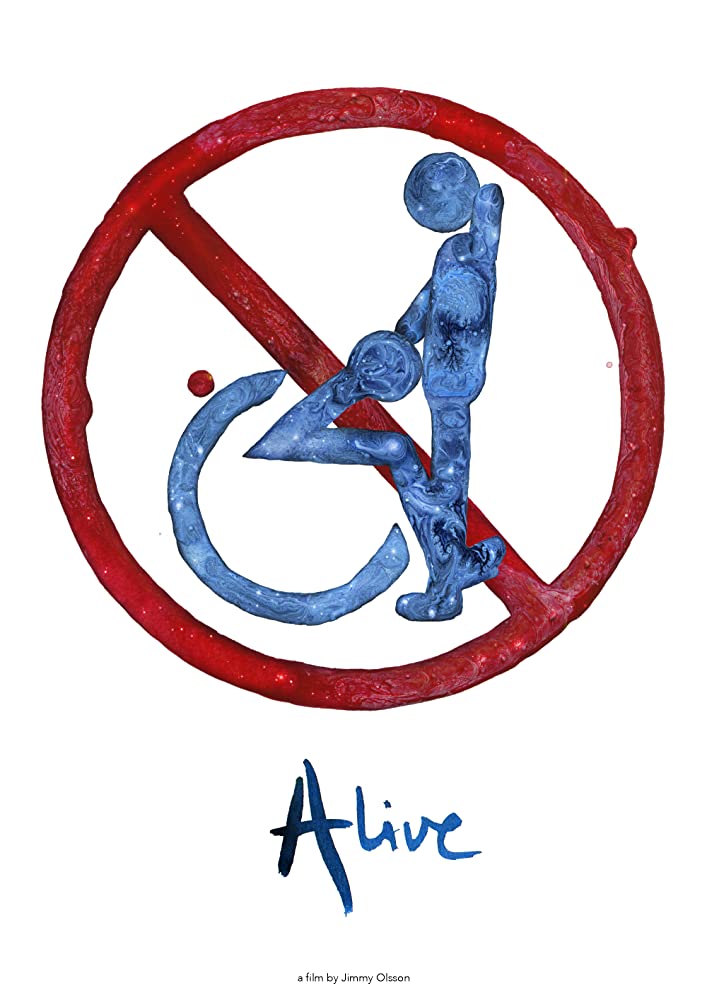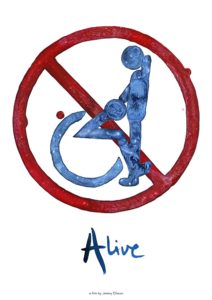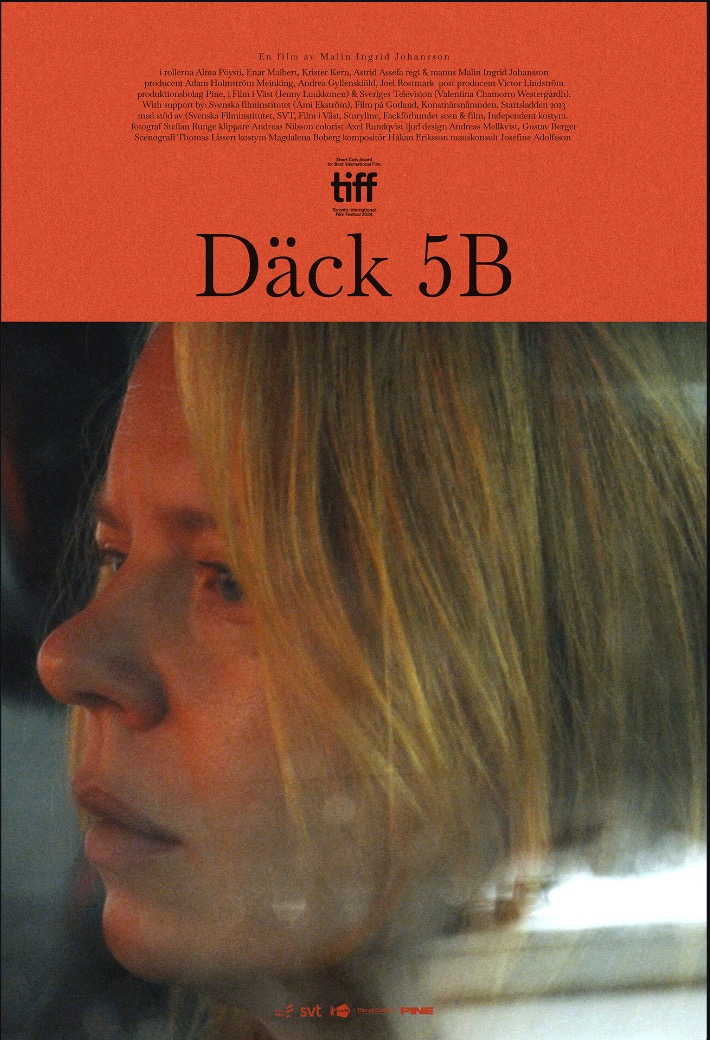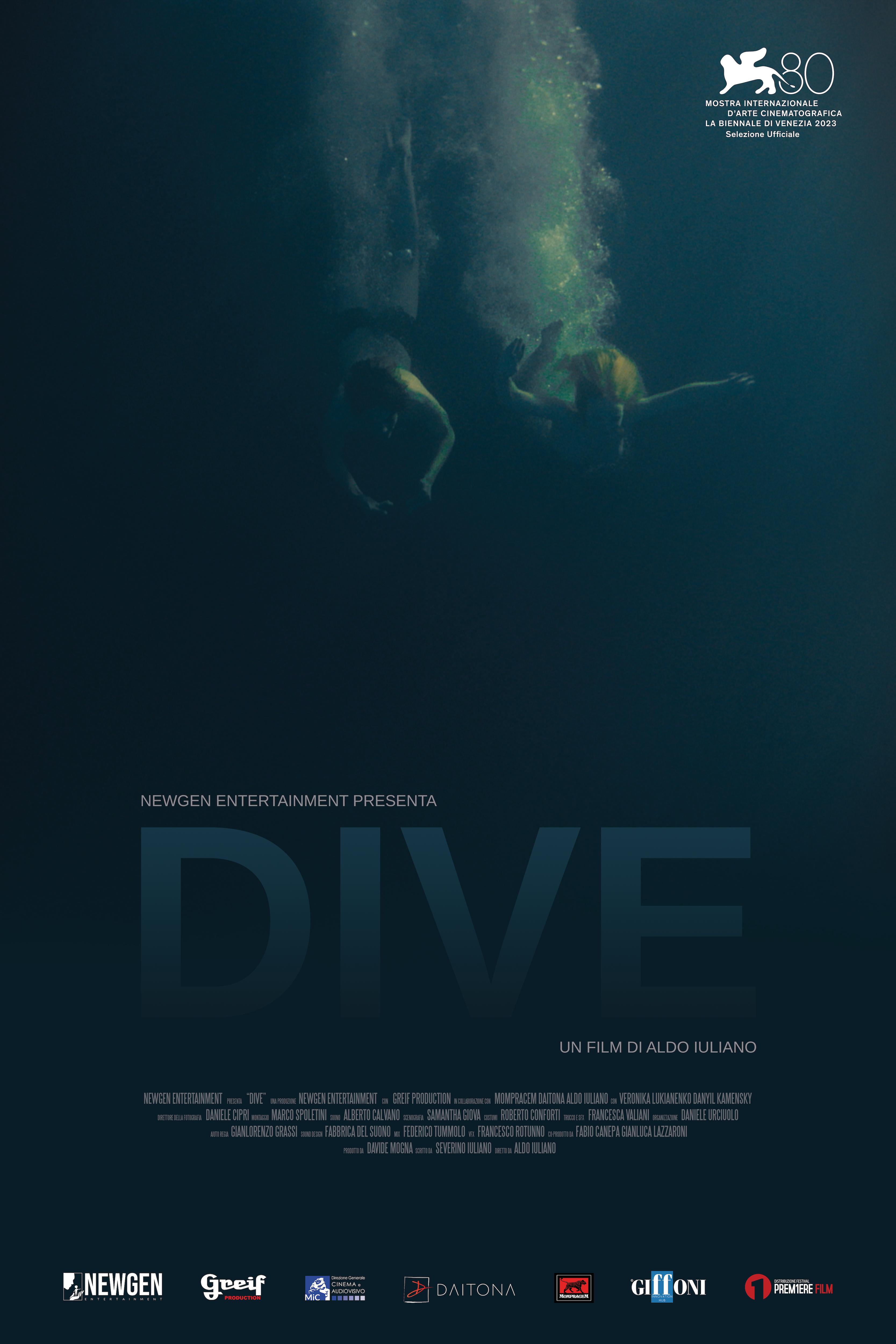
Short Film Review “Alive”
WATCH THE TRAILER HERE
First, the Recap:
To yearn, crave, hunger, desire. Emotions that can sometimes overwhelm even the staunchest of souls, we as human beings are made with drives within us that bring about said feelings and needs with a fire that can usually find a means to be quenched. However, when one might not have the agencies or faculties to attain release, these longings become a torture hard to bear. Then the question emerges–is there ever hope to obtain what is sought? Victoria (Eva Johansson) is disabled in physical and partially mental ways. Bound to a wheelchair and in need of consistent nurturing from her caregiver Ida (Madeleine Martin), seeing her minder’s interactions with boyfriend Björn (Joel Ödmann) causes Victoria to pine for the intimacy and relationship displayed. Finding the way to make Victoria available, the move brings about both nervous, hesitant concern and an unexpected outcome.
Next, my Mind:
A facet of indie cinema that I consistently bring about is how it so deftly and with pure, centered, emotional gravitas reaches into the human condition and pulls from it the myriad of elements that illustrate what exactly it is to be as the film’s title so succinctly states–alive. This 23-minute effort from Swedish writer/director/producer Jimmy Olsson, along with additional producers Christian Kielberg, Ville Olin, and Petter Selvehed, beautifully, stirringly, and with pleasantly surprising narrative direction and thematic exploration paints a wonderfully stunning portrait of one woman’s quest for normalcy, affection, and foundational connection while wrapping it within context of the very necessary, relevant topic of mental and physical disability, those afflicted with it, and their struggle TO be seen as PEOPLE like they should.
This critic will say that when I ventured a look in detail at the film’s poster image, I honestly had my reservations about precisely what path the film’s story was going to take, more so in the perspective of hearing so many stories about the abuse of handicapped people, sometimes by their own caregivers, or others, and how tragic and in need of better, more diligent solutions for prevention of this there should be in that community of individuals. However, instead, we get treated to a deeply raw and impassioned portrait of what it would be like for someone in this to have the absolute, unfulfilled, even emotionally scarring sense that they can never have love, intimacy, or any of the magnificent aspects of relationships due to their own, self-imposed idea that they are not worthy of it or that no one would ever want them.
This, of course, is not remotely truth, and the film does an excellent job of protraying both sides of this argument as seen from the “victim” as it were and their total, sometimes quite frustratingly vehement insistence on having said closeness while also presenting the painfully reluctant manner of the one charged with caring for them and wanting what’s best while also being dubious of human intent when it comes to the one they care for and know so well. This underlying dynamic of caregiver to patient is affectingly delivered and it serves as the film’s core sentiment while likewise hitting us with quite an unanticipated finale that really provides a fantastically clever twist to the proceedings and will end up greatly impacting both of the primary character’s lives.
As a first outing for this critic in witnessing Johansson in action, I am nothing short of one thousand percent impressed with the sheer dramatic potency of her performance as Victoria, a mentally and physically disabled woman whose entire notion of life is in a state of unconcealed disappointment, even resentment and self-loathing, upon being privy to her carer’s romantic life to enough of an extent to where its become a point of internal contention and outward desire. Upon being offered an option by Ida to find someone which subsequently occurs, Victoria’s journey comes to another stage of insistency and self-awareness that does everything to defy Ida’s sudden wavering about what could transpire. It’s a wholeheartedly realistic, fiery, and understated performance throughout by Johansson, who makes you believe the entire way through.
This, though, does not take away from what I felt was an equally poignant and engaging effort from Martin as Ida, a young, vibrant woman who’s primary occupation daily is to care for Victoria’s needs, from taking her out and about, to exercises needed for mental acuity, and just for basic companionship. Ida’s commitment to Victoria is absolute and truly genuine, even when we could ascertain by conjecture that there are times it might seem like a burden. Taking free time with her boyfriend Bjorn, she still maintains a concerned focus on Victoria, especially after their little online profile experiment yields results and a time of serious uncertainty for Ida. It makes the outcome of it all that much more persuasive and even humorously compelling, with Martin selling us on her character’s plight with complete believability.
Supporting appearances are made here from Ödmann as Ida’s boyfriend Bjorn, who is a voice of reason when it comes to supporting Ida in her worries about Victoria, Philip Oros as another of Victoria’s assistants when Ida ends her time each day, and a brief, non-speaking moment by Olsson himself as the object of Victoria’s attention-seeking adventure. Therefore, in total, “Alive” is simply an excellent example of indie film’s narrative, character-driven heart and soul, one that entertains while providing a socially conscious message of awareness to the disabled community that this critic truly hopes resonates with anyone who watches. There’s a need in this world, especially now, to see every person AS a person, and why perhaps this film strikes a chord for that concept that will ring for times to come.
As always, this is all for your consideration and comment. Until next time, thank you for reading!





